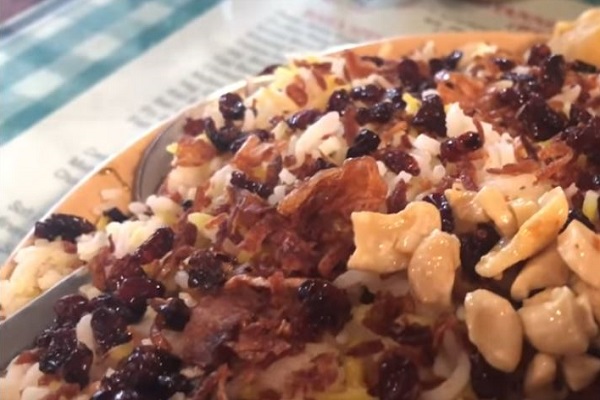
The Centuries-Old Parsi Cafes Are Disappearing in India
- By Alison Lesley --
- 09 Jun 2019 --

Zoroastrian cafes becoming a thing of the past
In one of Mumbai’s last Parsi cafes (Britannia & Co.) which is almost clocking 100 years, the brown walls are peeling at all ends, and giant chips cake the ceiling. The cash register is made of a series of old wooden drawers.
The Centuries-Old Parsi Cafes Are Disappearing in India[/tweetthis]
However, for the cafe’s owner Romin Kohinoor, the quirky interiors are seen more as an attraction as opposed to a liability.
Parsi cafes including the Britannia & Co., date back to the 1800s where they were introduced into the India scene by Zoroastrians that were fleeing from religious persecution in their native homeland Persia.
Over the decades that followed, Parsi cafes gained popularity in India because they offered a platform where different caste members would mingle freely.
Unfortunately, the cosmopolitan cafes are nearing their deathbeds as more modern franchise cafes are attracting today’s generations.
Zoroastrianism is said to be one of the oldest religions in the world. The faith spans a thousand plus years and started in Parsi, which is modern day Iran. Zoroastrian doctrine is believed to be older than Islam.
One of the long-standing tenets of the Zoroastrian religion is; “good words, good thoughts, and good deeds.” The fleeing immigrants brought into India their religious traditions together with their unique cuisine.
They embraced people of all religions, classes, and ethnicities in an atmosphere scented with Parisian and Gujarati spices. Parsi cafes serve as tolerance emblems that are principal teaching of the Prophet Zoroaster.
Moreover; the snug tables and affordable dishes serve as a reminder that the cafes are at the service of the common man.
A few decades back, there were 400 Parsi cafes in Mumbai alone. Today, the Parsi cafes number around 40.
As the Parsi population continues to diminish, newer generations are reluctant to inherit Parsi family-owned businesses, in a few short decades Parsi cafes will have disappeared altogether.
Fortunately; Britannia & Co. seems on the trajectory to revert this trend. The current owner Boman Kohinoor spent the last 80 years slaving at his Parsi cafe.
To him, habit is second nature and almost every day of the last 80 years he has been working and running his cafe. When Kohinoor’s father opened the cafe back in 1923, India was still a British colony, and that’s where the cafe’s name got its inspiration.
When it was opened, the cafe mostly offered lighter European meals and only changed the Menu after India gained independence in 1947. That’s when Kohinoor added a slew of Iranian comfort food options that became loved and popular to date.
Most of the foods on the Menu follow Kohinoor’s late wife’s original recipes and they are guarded in secrecy only a handful of people know how to make the foods.
By the 1950s, approximately 120,000 Parsis were living in India, and since they practiced being Zoroastrians, they don’t believe in conversion, and this is one of the reasons the religion is fading.
Younger generations are not keen at assuming the long hours and low returns associated in running Parsi cafes and Kohirnoor’s son 58-year-old Romin attest that he’s been slaving at the cash register for decades to appease his father.
However, Romin’s 27-year-old daughter Diana who comes in at day’s end to do the books is of a different view; she like her grandfather is keen on letting the legacy continue.
#Parsi cafes in India dwindling away… https://t.co/61lrVJSJAA
— Dr. Amrita Ghosh (@MsBiryani) June 3, 2019
She vows that she will not let the Parsi cafes go extinct so long as she has life and the power to have the business run. As she does the books, she is learning the ropes of being an owner and will one day take over management.


















